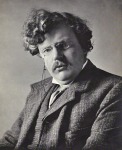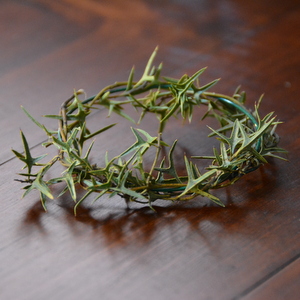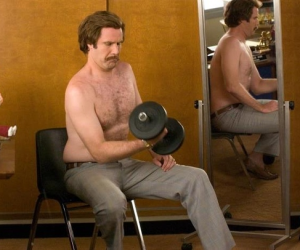I initially posted this on Facebook, but since it is a mammoth post for Facebook (though I think I have posted longer comments in my time…), I figured I should pop it on here. Let it be educational in whatever way Faithful Reader wishes :)
Given what I have been seeing over the past few weeks, for the sake a clarity, I think a thought experiment is in order:
For their mathematics doctorate, a PhD candidate submits a sound, well-researched and well-argued Middle English literature dissertation.
a) Would it be a form of unjust discrimination if the board of examiners refused to pass the candidate, or if the university refused to award the doctorate, or if mathematics departments at other institutions refused to hire the candidate?
b) Would the aforementioned refusal be reasonably considered a form of bigotry against literature students?
c) Would the aforementioned refusal be a sign of hatred on the part of relevant parties against people who enjoy Middle English literature, or literature in general?
I presume that most people would answer “no” to these three questions.
Now, I acknowledge that this is an imperfect analogy for the current marriage debate. However my purpose is not to create perfect analogies, but to show how it is possible that one can be against the redefinition of marriage without reference to a moral judgement of same-sex relationships, and especially without reference to a value judgement of those with a particular sexual orientation or identity. For many, their argument is not about why people attracted to those of the same sex or those in same sex relationships are terrible people and ought to be denied certain rights. Their argument is about what marriage is, why it is good, and what it is for.
This conversation will not go anywhere as long as activists scuttle it from the beginning by claiming – without qualification or justification – that their opponents are bigots and filled with hatred. Once such assumptions are put aside, perhaps a fruitful discussion will follow – which is what this debate needs.








 Because I have a body type somewhere between Steve Urkel and Sheldon Cooper, some have wondered out loud why I don’t go to the gym – which is apparently a thing nearly everyone does these days. But really, if I wanted to do something both penitential and beneficial, why wouldn’t I just read Pope Francis’ Evangelii Gaudium? No, not because it is a 50,000 word marathon, nor because the generous use of exclamation marks makes for a physically exhausting read, but because the Holy Father says things like this:
Because I have a body type somewhere between Steve Urkel and Sheldon Cooper, some have wondered out loud why I don’t go to the gym – which is apparently a thing nearly everyone does these days. But really, if I wanted to do something both penitential and beneficial, why wouldn’t I just read Pope Francis’ Evangelii Gaudium? No, not because it is a 50,000 word marathon, nor because the generous use of exclamation marks makes for a physically exhausting read, but because the Holy Father says things like this: Over at
Over at 
